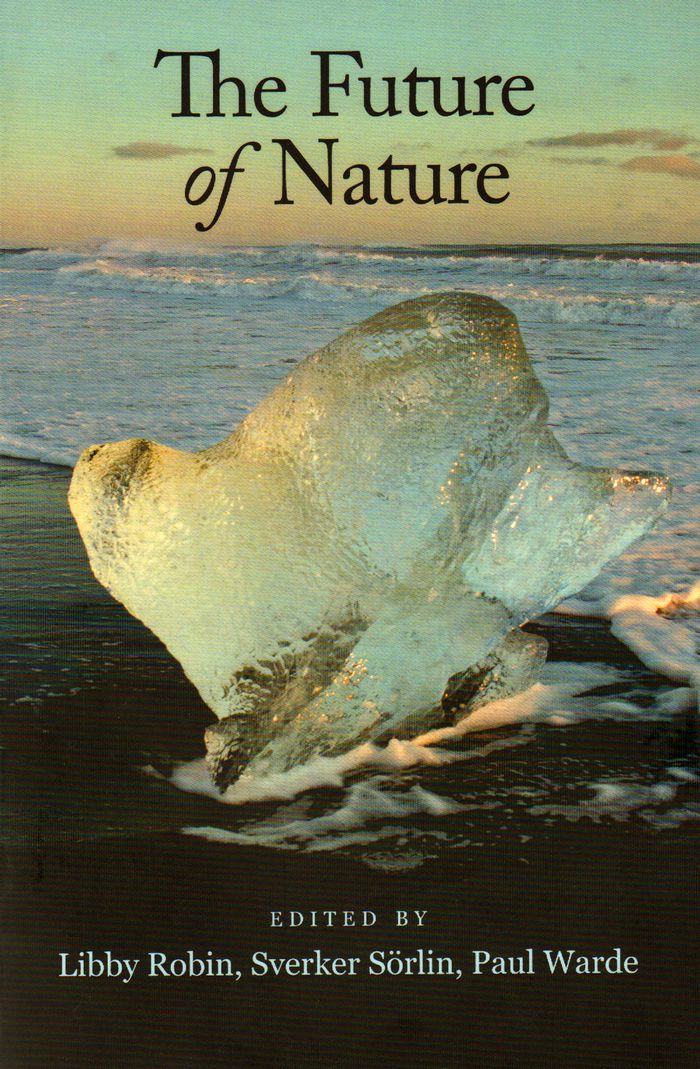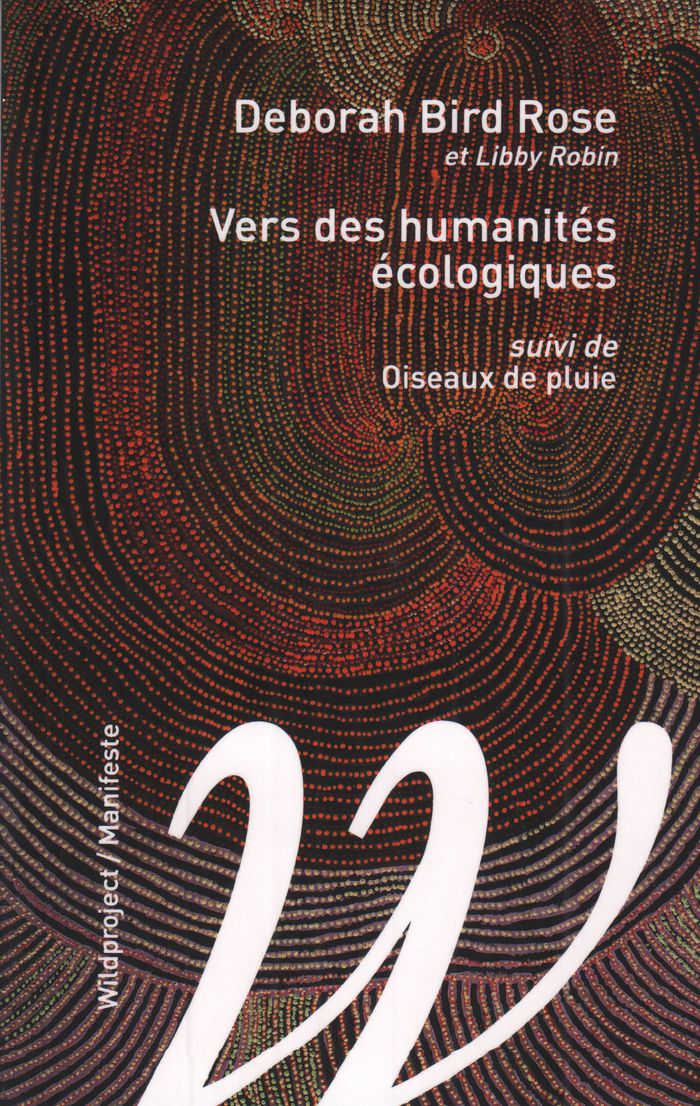$46.95
(disponible sur commande)
Résumé:
This anthology provides an historical overview of the scientific ideas behind environmental prediction and how, as predictions about environmental change have been taken more seriously and widely, they have affected politics, policy, and public perception. Through an array of texts and commentaries that examine the themes of progress, population, environment, biodiversity(...)
octobre 2013
The future of nature : documents of global change
Actions:
Prix:
$46.95
(disponible sur commande)
Résumé:
This anthology provides an historical overview of the scientific ideas behind environmental prediction and how, as predictions about environmental change have been taken more seriously and widely, they have affected politics, policy, and public perception. Through an array of texts and commentaries that examine the themes of progress, population, environment, biodiversity and sustainability from a global perspective, it explores the meaning of the future in the twenty-first century. Providing access and reference points to the origins and development of key disciplines and methods, it will encourage policy makers, professionals, and students to reflect on the roots of their own theories and practices.
$15.95
(disponible sur commande)
Résumé:
Histoire, géographie, anthropologie, sociologie, philosophie, littérature, sciences politiques, droit… : nos savoirs sont profondément affectés par l’écologie, dans leurs méthodes comme dans leurs objets. Dans ce court manifeste, publié pour la première fois en 2003, l’ethnographe Deborah Bird Rose et l’historienne Libby Robin prennent acte de la naissance des 'humanités(...)
décembre 2019
Vers des humanités écologiques
Actions:
Prix:
$15.95
(disponible sur commande)
Résumé:
Histoire, géographie, anthropologie, sociologie, philosophie, littérature, sciences politiques, droit… : nos savoirs sont profondément affectés par l’écologie, dans leurs méthodes comme dans leurs objets. Dans ce court manifeste, publié pour la première fois en 2003, l’ethnographe Deborah Bird Rose et l’historienne Libby Robin prennent acte de la naissance des 'humanités écologiques' et posent les bases d’un chantier collectif ambitieux. Afin de penser par-delà nature et culture, elles proposent d’utiliser le récit pour transgresser les frontières académiques et dissiper l’illusion occidentale d’un savoir 'scientifique' émancipé des lieux, des croyances et des mythes.
$41.95
(disponible sur commande)
Résumé:
Is it possible for the economy to grow without the environment being destroyed? Will our lifestyles impoverish the planet for our children and grandchildren? Is the world sick? Can it be healed? Less than a lifetime ago, these questions would have made no sense. This was not because our ancestors had no impact on nature—nor because they were unaware of the serious damage(...)
novembre 2018
The environment: a history of an idea
Actions:
Prix:
$41.95
(disponible sur commande)
Résumé:
Is it possible for the economy to grow without the environment being destroyed? Will our lifestyles impoverish the planet for our children and grandchildren? Is the world sick? Can it be healed? Less than a lifetime ago, these questions would have made no sense. This was not because our ancestors had no impact on nature—nor because they were unaware of the serious damage they had done. What people lacked was an idea: a way of imagining the web of interconnection and consequence of which the natural world is made. Without this notion, we didn’t have a way to describe the scale and scope of human impact upon nature. This idea was "the environment." Paul Warde, Libby Robin, and Sverker Sörlin trace the emergence of the concept of the environment following World War II, a period characterized by both hope for a new global order and fear of humans’ capacity for almost limitless destruction. It was at this moment that a new idea and a new narrative about the planet-wide impact of people's behavior emerged, closely allied to anxieties for the future. Now we had a vocabulary for talking about how we were changing nature: resource exhaustion and energy, biodiversity, pollution, and—eventually—climate change. With the rise of "the environment," the authors argue, came new expertise, making certain kinds of knowledge crucial to understanding the future of our planet.


